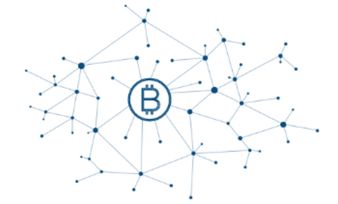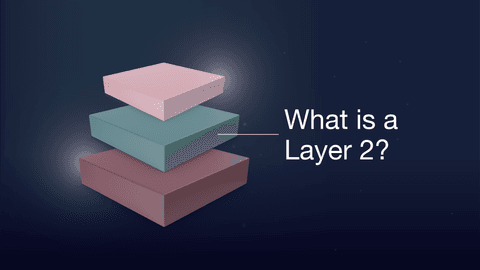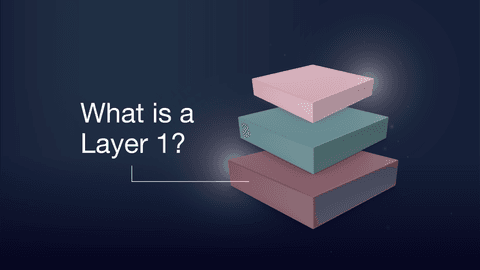When the term 'cryptocurrency' is mentioned, those who have had some sort of exposure to the markets can relate it to blockchain technology. However, in reality, how many people actually know what blockchain technology is?It is important to visualise how the concept of a blockchain actually works:
In the case of Bitcoin, blocks are generated every ten minutes, and therefore there is a new addition to the existing blockchain every ten minutes. An easier way to interpret this would be to think of a simple metal chain, but instead of links replace them with blocks. Once the blocks are processed and added to the chain, the data cannot be changed, and therefore blockchain technology operates on a non-editable ledger.Upon the generation of a blockchain, all possible public addresses and their private keys are generated.
Therefore, when we open new wallets on Jaxx, MyEtherWallet and other wallet applications, we are not creating a wallet, instead we are being assigned an address and the respective private key. Mathematically speaking, it should be next to impossible for you to be assigned an address and key which has an existing balance.
Because of the misunderstandings surrounding the above concept, many seem to think that wallets created on Jaxx can only be accessed with the Jaxx wallet, when they actually can used with any wallet app. Wallet apps only provide a means to access the blockchain, and therefore an Ethereum wallet assigned on Jaxx can also be accessed using MyEtherWallet.
Summary:
Wallet applications all connect to the same network and therefore public addresses and private keys are generic across all wallet apps.
Note: Always verify that the wallet provider you are using/planning to use is confirmed to be safe. It is best to stick to the wallets which are confirmed legitimate. This is to protect the security of your funds.
Some Potential Use Cases for Blockchain:
- Decentralised Payments: Because data on the blockchain cannot be altered once it is has been broadcast and processed, former banking processes such as chargebacks will not be possible. This is a double edged sword: chargeback fraud will not be possible but at the same time fraud can not be fixed through a chargeback.
- Uneditable Ledgers: A definite use case for blockchain will be its ability to offer ledgers which are uneditable. Altering records will not be possible, which will ensure the integrity of medical records, copyrights and etc. in the future.
- Public Accessibility: Most blockchains are public, and therefore every person is able to observe what transactions are taking place, and the balances for any address. This effectively leaves a trail for all the assets that people are moving inside the blockchain, and unless someone finds out that a specific address is linked to you, there is no way to associate it to a name. Governments will be able to link addresses to specific individuals by working together with exchange platforms, and therefore money laundering through blockchain is easily trackable.






